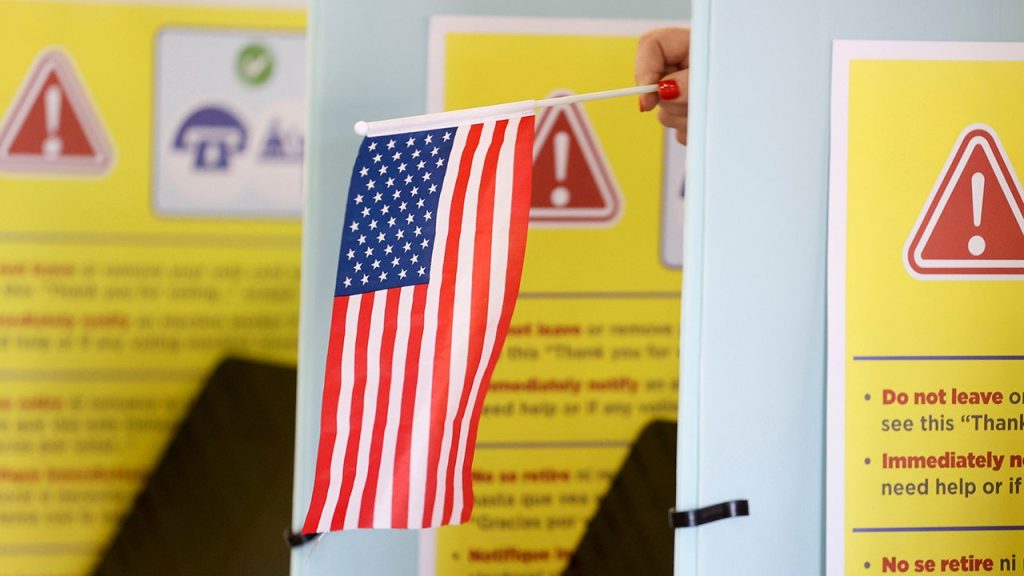A federal judge in Iowa has ruled in favor of allowing state officials to continue disputing ballots cast by potential noncitizens just days before the election. The ruling, made by Judge Stephen Locher, an appointee of President Biden, came in response to a lawsuit filed by the American Civil Liberties Union (ACLU) on behalf of four recently-documented U.S. citizens and the League of Latin American Citizens of Iowa. Iowa Secretary of State Paul Pate and other officials have been investigating over 2,000 names on voter rolls that may belong to noncitizens, expressing concerns about illegal voting.
During a press conference on Oct. 30, Pate highlighted the need to verify the citizenship status of individuals on the voter rolls. He emphasized that none of these individuals have been removed from the voter rolls, but officials want to ensure that only citizens are voting. The state has asked county auditors to challenge votes from individuals suspected of being noncitizens and require them to use provisional ballots until their citizenship status can be confirmed. This approach is aimed at safeguarding the integrity of the voting process without disenfranchising recently-naturalized citizens.
The ACLU argued that the state’s efforts to investigate potential noncitizens voting could threaten the rights of recently-naturalized citizens. However, Judge Locher’s ruling allows Iowa officials to require individuals in question to use provisional ballots instead of removing them from the voter rolls altogether. This approach balances the need to verify citizenship with the importance of protecting voting rights. The ruling came amid a highly contested election season, with Vice President Kamala Harris reportedly holding a three-point lead in Iowa, contrary to expectations that the state would lean red.
The Trump campaign disputed the polling results, favoring Emerson College’s polls instead. The campaign memo pointed out that Emerson College’s polls more accurately reflected the state of the Iowa electorate and were more transparent in their methodology. The reaction from the Trump campaign underscores the contentious nature of the election and the importance of polling data in shaping perceptions of the political landscape. However, the ACLU did not immediately respond to media inquiries for comment on the ruling and its implications for voting rights in Iowa.
Overall, the federal judge’s ruling in Iowa allows state officials to continue investigating potential noncitizens on the voter rolls while using provisional ballots to ensure that only citizens are voting. This approach seeks to balance concerns about election integrity with the protection of voting rights for all eligible individuals. The ruling comes as Iowa and the nation prepare for a closely watched election, with polling data shaping expectations and influencing campaign strategies. The outcome of the legal dispute and its impact on voting rights in Iowa remain significant considerations in the lead-up to Election Day.


